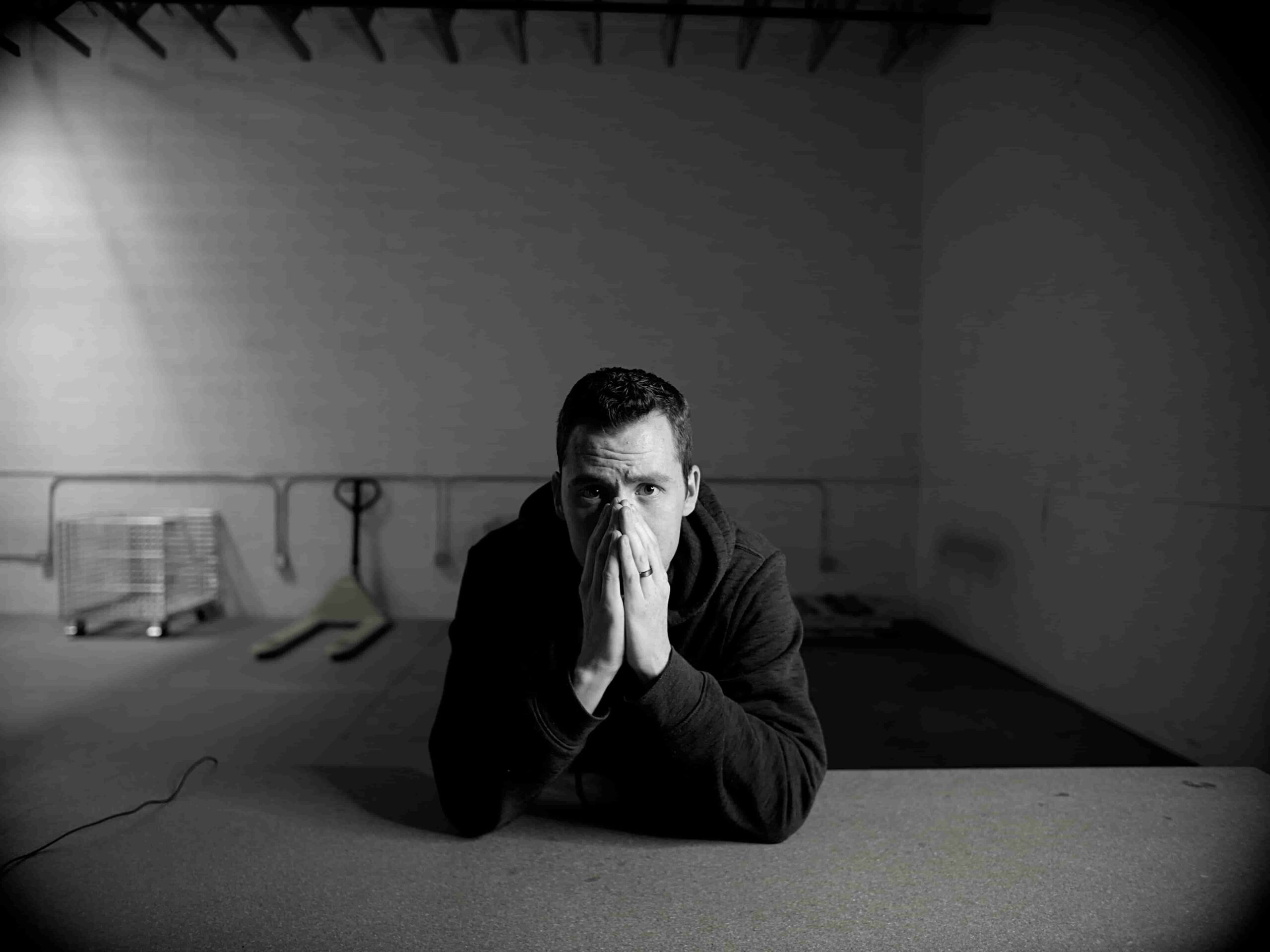We are immersed in a culture in which sex seems omnipresent. From advertising to pop culture to easily accessible pornography to deep fakes, you might think this adds up to a balanced and open-minded environment. In reality, the mixed messages are confusing and daunting. Hence, sexual anxiety and body image problems are on the rise.
Due to secrecy and shame, numbers are tough to pin down. But studies find at least 16 percent of women and 25 percent of men struggle with sexual anxiety in some form. This can lead to stressful experiences or complete avoidance. Fortunately, you can get help and once again enjoy a fulfilling sex life.
Common Causes of Fear During Sex
We’re not talking about instances of partner incompatibility which, of course, dramatically decrease one’s sexual enjoyment. Instead, to follow, are cause that trigger anxiety when even contemplating a sexual encounter.
- Sexual Dysfunction: Something like erectile dysfunction or low libido affects both partners when it comes to anxiety.
- Distorted Body Image: If you’re uncomfortable with others seeing your body, sex will likely be a stressful experience that you may choose to avoid altogether.
- Relationship Strife: If things are not clicking emotionally, it will seep into your sex life in a negative way.
- Fear of Intimacy: Those who have difficulty trusting people or being vulnerable often struggle with any type of intimacy.
- Sexual Abuse: Such abuse corrupts how we perceive healthy sex to look and feel.
- Past Experience: It can feel traumatizing to move forward once you’ve had a sexual experience that felt shameful or embarrassing.
Needless to say, this is not a complete list but it touches on some very important issues to consider as you begin to heal and recover.
3 Tips to Help You Overcome Feelings of Fear During Sex
1. Communication
This may not sound sexy but it is the height of intimacy. Your partner will obviously know when you’re struggling and it is essential that you explain what’s going on. Talk openly about your emotions and your sexual needs. Never expect one another to be a mind-reader. Communicate regularly to keep working as a team.
2. Basic Anxiety Self-Care
Anxiety comes in many forms but all of those forms respond to basic self-help steps. You want to get yourself into steady, consistent sleep patterns. Make healthy eating choices. Take part in daily exercise and physical activity. Practice stress management via techniques like meditation, yoga, breathing exercises, and more.
3. Redefine “Sex” and “Intimacy”
Here’s where you can make a major personal shift. The general perception of sex involves a few particular physical acts. However, there are many valid reasons why those acts may be temporarily off-limits for you, e.g. pain, dysfunction, trauma, etc. With this in mind, it can be incredibly bonding and healing to focus on areas like:
- Find Other Ways to Be Intimate: Sexual intercourse can be mind-blowing but so can cuddling, hand-holding, or a hot takeout session. For that matter, think how meaningful it is to engage in activities together. This might mean dancing, meditating, working out, learning, or trying out a new interest.
- No Expectations: Thanks to pornography, many of us have been conditioned to view sex as a particular sequence of choices. See what it feels like to simply explore without any specific goal in mind. Without expectations, you may both feel far less pressure to “perform.”
- Talk About What You Like: Take the time to assess your desires and preferences. Then, share openly with your partner as you encourage them to do the same.
Connecting with a couples therapist is a time-proven way to address sexual anxiety. I’d love to talk with you more about this in anxiety therapy.






